During the free practice sessions at the Italian Grand Prix, the data was already suggesting that Max Verstappen had a chance to execute a successful weekend.
Unlike last year at Monza, Red Bull was right there from the start, thanks in part to the RB21's excellent aerodynamic efficiency.
Add to that a Verstappen who is comfortable and confident behind the wheel, it was a recipe for success.
Verstappen still had to give everything to fend off the McLarens of Lando Norris and Oscar Piastri, but he succeeded with an ultimate lap record.
The four-time world champion made F1 history by setting the fastest lap of all time with an average speed of 264.682 km/h.
But how did the Dutchman achieve it? It was a culmination of factors, but praise must be applied to his first sector.
It was an area Red Bull struggled with during free practice, but managed to rectify for qualifying.
Verstappen once again was on top in terms of top speed, thanks in part to a trimmed rear wing, and also managed to compensate for the loss to McLaren in the second sector.
Top speed
McLaren clearly opted for a little more wing during the session as Norris recorded the fastest second sector, but could not compensate for his accumulated deficit.
Verstappen lost only 0.045s, mainly because he dared to attack Lesmo 1 harder and his top speed was simply higher.
But this pole is mainly down to the qualities of Verstappen. The margins were minimal, and with a small mistake, the 27-year-old world champion might not even have been in the top three.
In the meantime, things went anything but smoothly at Ferrari. The Scuderia clearly opted for more top speed in front of its own crowd, as the SF-25 was a rocket in the first sector.
However, Charles Leclerc paid the price in the fast corners, where he lost more than a tenth to Norris.
Verstappen, however, is going to have a tough race ahead. McLaren has had a big advantage all year when it comes to tyre wear and can also play strategically with two cars. After all, Norris and Piastri are fighting for the world title and dare to make their own choices, as was evident in Hungary. There, Norris took the win by stopping only once.
Though Verstappen has maneuvered himself into an excellent position. The Red Bull driver has more top speed, which means McLaren will have a tough job overtaking him on the track. DRS is less decisive because of the small wings the drivers use at the lightning-fast Monza. An average speed of 264.682 km/h for Verstappen: it remains extraordinary.
View the data from qualifying in Italy below!
Also interesting:
WATCH: Verstappen smashes F1 record to leave McLaren facing Monza fight
Join RacingNews365's Ian Parkes and Nick Golding, as they dissect an incredible qualifying for the Italian Grand Prix!
Most read
In this article
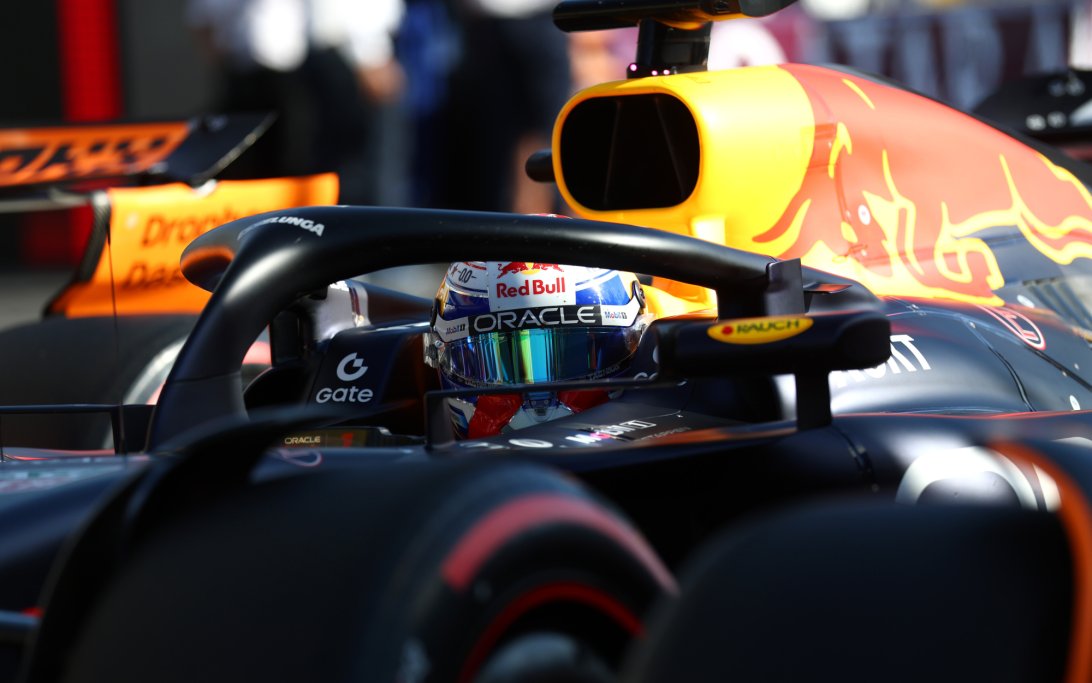
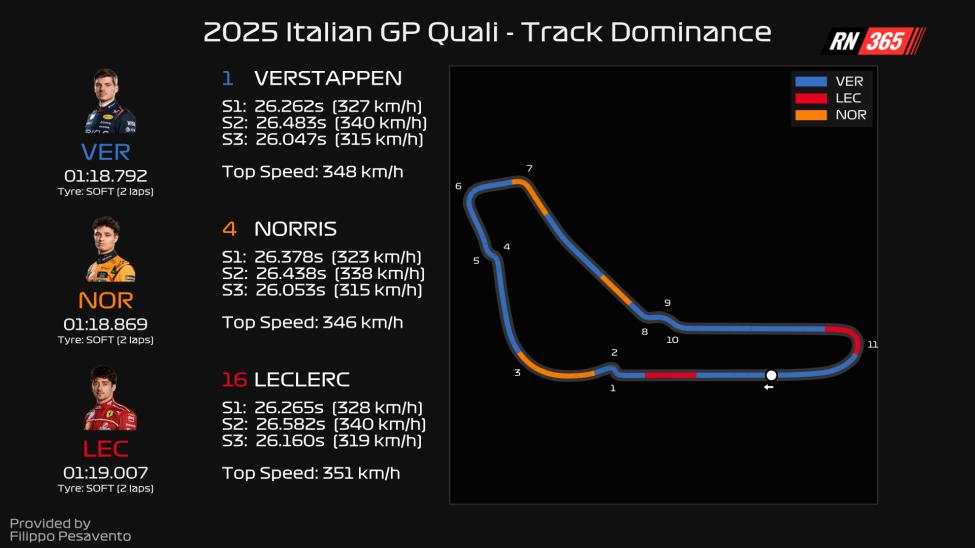
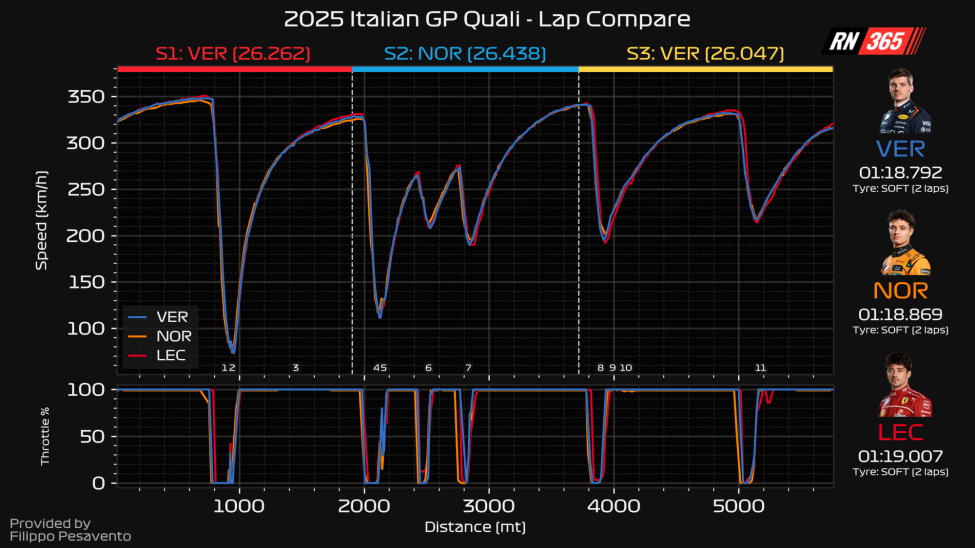
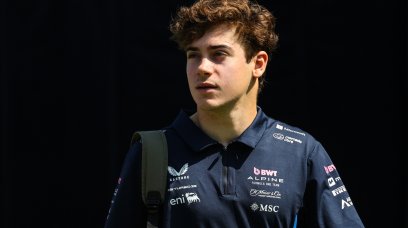

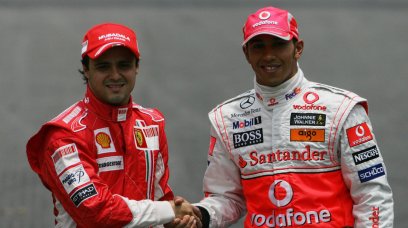
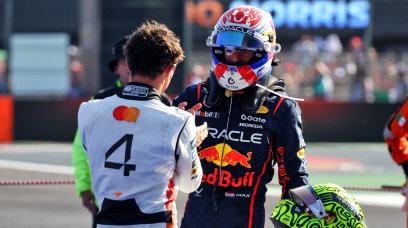
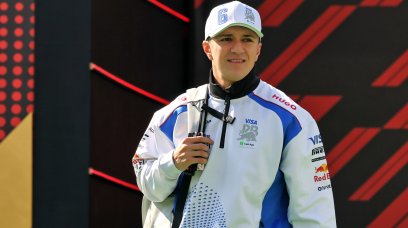
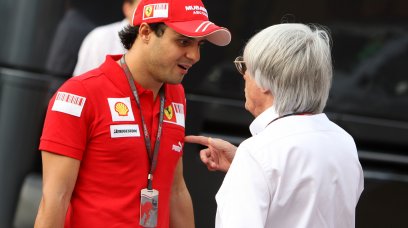
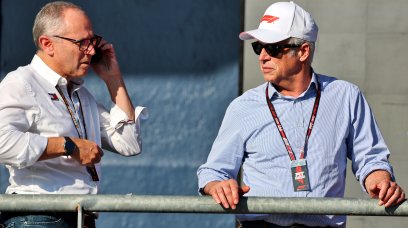












Join the conversation!